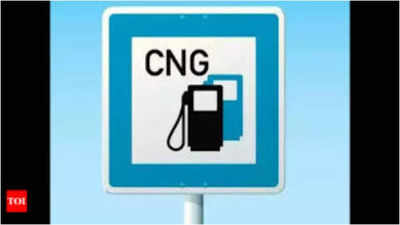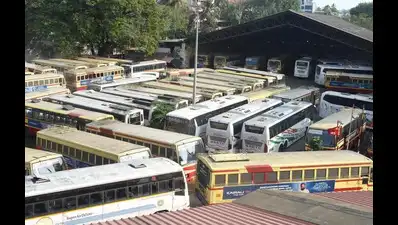Natural gas to cost more as govt raises price cap after 2 years, jury out on CNG hike | India News

NEW DELHI: The price of natural gas produced from legacy fields of state-run ONGC and Oil India Ltd. will increase by nearly 4% from today (April 1) after the government raised the cap. This move will have a marginal impact on city gas operators, but the jury is out on whether it will immediately lead to an upward revision in retail rates of CNG and PNG.
According to a notification from the oil ministry’s market tracker, Petroleum Planning & Analysis Cell, the price of gas has been reduced to $7.26 per unit (million British thermal unit) for April from $7.8 in March. Still, the effective price for consuming industries has increased by 25 cents because the Centre simultaneously raised the cap of $6.50 unit to $6.75.
The government had in April 2023 linked domestic gas pricing to the ‘Indian basket’ — or the mix of crude bought by the Indian refiners — after scrapping the earlier formula based on benchmark rates in gas-surplus markets such as the US, Canada, Europe and Russia. The revised formula, based on recommendations by a panel led by eminent economist Kirti Parikh, set the domestic gas price at 10% of the monthly average of the Indian Basket in the previous month, with a floor of $4 and a cap of $6.50 per unit to protect producers and consumers from volatility.
The government, however, tempered the Parikh panel’s recommendation to raise the price cap by 25 cents annually till deregulation by 2027. It locked the cap for a period of two years and reduced the annual increase to 25 cents from April 2025. The cap kept the effective price for consuming industries steady at $6.50 per unit despite higher notified rates. The upward revision in the cap, as expected, will now lead to the first increase gas prices in two years.
The government allots legacy gas from old fields for mostly fertiliser units and PNG operations. Due to a reduction in allocation as a result of falling production, the share of legacy gas in the overall portfolio of city gas operators has dropped sharply over the years, making them dependent on imported fuel as demand rises. Fertiliser units will also not feel the pinch due to government subsidy.






